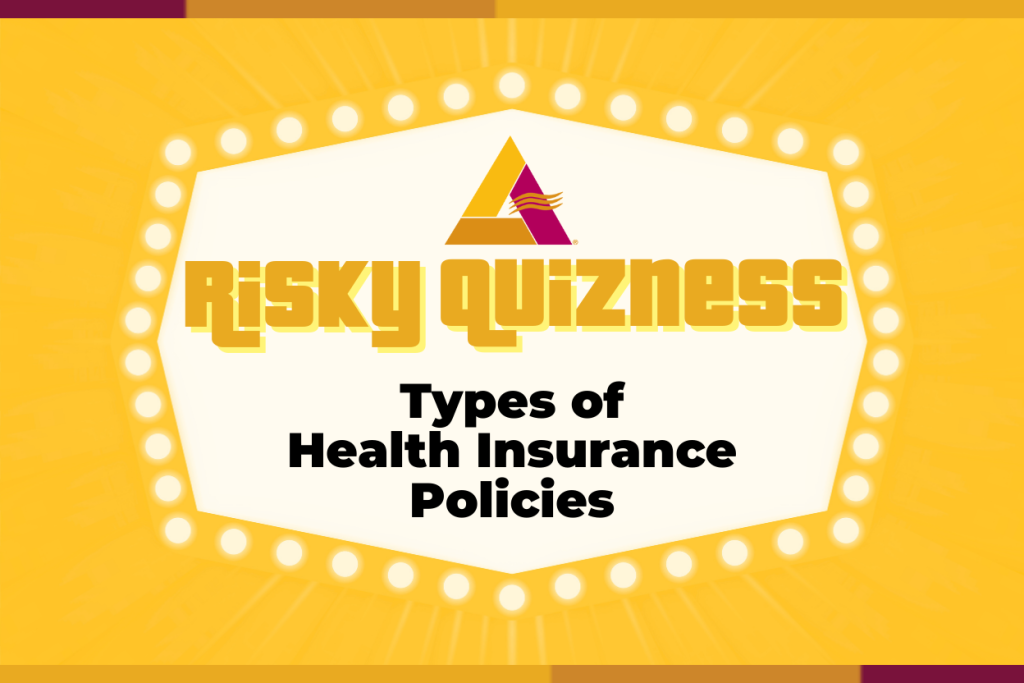

Distinguishing between reputable and risky alternative health claims is essential for anyone seeking natural or complementary health solutions. Imagine discovering a seemingly miraculous remedy only to learn later it’s based on flawed or even fraudulent information. This article explores how to identify the difference between legitimate alternative health claims and those that are potentially harmful. The article will provide practical strategies and resources to navigate the often-complex landscape of alternative therapies and understand the importance of critical thinking and evidence-based approaches to personal health choices. We will delve into the key characteristics of trustworthy claims, scrutinize common red flags, and offer a framework for assessing potential risks. This article will present a clear structure encompassing identifying warning signs of dubious claims, analyzing scientific evidence, and examining the role of regulatory bodies.
Identifying Red Flags of Dubious Claims
Misleading Language and Exaggerated Claims
Many dubious alternative health claims use captivating language to persuade individuals. Look for vague statements like “significantly improves” without concrete supporting data, or claims promising quick fixes for complex conditions. Consider a claim that promises a certain supplement will cure cancer—this lacks scientific backing. This is a significant warning flag. A reputable claim will use measured language and cite verifiable sources. Be cautious of promises that sound too good to be true.
Lack of Scientific Evidence or Rigorous Studies
Reputable alternative health practices have solid scientific backing. Look for studies published in peer-reviewed journals, clinical trials, and other scientifically rigorous research. A claim lacking any supporting research raises serious questions about its validity. Example: If a certain supplement claims to boost the immune system but there’s no controlled study proving this, you should be skeptical.
Testimonials and Anecdotal Evidence
While testimonials can be helpful, they shouldn’t be the sole basis for making significant health decisions. Anecdotal evidence is subjective and personal experiences don’t equate to proof. Beware of unqualified testimonials, especially those that don’t provide context or validation.
Related Post : Unsure Which Alternative Therapy is Right for You? Making Informed Choices.
Unproven Claims and Unrealistic Expectations
Be wary of claims that promise rapid and complete cures for chronic conditions. Many alternative health approaches focus on holistic well-being and support rather than promises of instant remedies. Understand the limitations of each treatment and set realistic expectations.
Analyzing Scientific Evidence for Credibility
Scrutinizing Published Research
Reliable claims are supported by verifiable and trustworthy sources such as peer-reviewed studies published in reputable scientific journals. The scientific community validates research through a review process where experts evaluate methodology and conclusions. Check publications against the credibility of the publishing body to assess trustworthiness.
Understanding Statistical Significance
Look for statistically significant results in research. A study’s findings should demonstrate that observed differences or effects are not due to chance or random error but are likely attributable to the tested factors. Seek well-designed experiments and appropriate statistical analyses to ascertain the credibility of results.
Examining Study Methodology
Pay close attention to how studies were conducted. Proper methodology in research is crucial. Look for details on study design, sample size, the way data was collected, and how variables were controlled. Consider factors such as blinding, randomization, and control groups. If the methodology is flawed, this casts significant doubt on the findings.
Checking for Conflicts of Interest
Assess potential conflicts of interest regarding the research or product being promoted. Research findings could be skewed if researchers or promoters have a financial stake in the outcome or a vested interest in a certain product or treatment.
The Role of Regulatory Bodies in Protecting Consumers
Understanding Regulatory Frameworks
Governmental regulatory agencies play a vital role in ensuring the safety and efficacy of healthcare products and practices. These bodies oversee manufacturing, labeling, and marketing to protect public health. Regulatory agencies set standards and guidelines to help consumers identify products meeting specific requirements.
Regulatory Oversight and Requirements
Regulatory bodies in many countries have guidelines about the information provided for health claims made on products or treatments. Scrutinize the regulatory pathways to determine the legitimacy of the product or treatment. If a product or treatment isn’t regulated in a specific area, that’s a critical warning sign.
Scrutinizing Claims Made on Products
Verify that health claims conform to regulatory standards and guidelines. Health claims should be clearly and accurately labeled to avoid misleading or confusing consumers.
Seeking Professional Medical Advice
The advice of healthcare professionals can be crucial for evaluating the validity of alternative health claims. Consult with your doctor or other qualified professionals for medical advice when making important health decisions.
Evaluating the Sources and Expert Opinions
Assessing the Credibility of Sources
Verify the credentials, expertise, and qualifications of any experts or practitioners associated with the treatment or product. Seek out professionals with a demonstrable commitment to verifiable scientific evidence and ethical practice.
Consulting with Qualified Professionals
Consult qualified medical professionals to determine if a claim is suitable for you. They can weigh your personal health history and any other relevant considerations to determine if an alternative treatment is appropriate for your situation.
Scrutinizing the Origin and History of the Claim
Investigate the origins of health claims. Trace their history and look for evolving scientific consensus over time. Beware of practices that suddenly gain popularity without clear scientific underpinnings.
Reviewing External Expert Panels
Seek out reviews from independent expert panels to evaluate the credibility of an alternative health approach.
Practical Tips for Informed Decisions
Critical Thinking
Be a responsible consumer of alternative health information by maintaining a critical and cautious approach to new or unproven treatments. Ask about the evidence and data behind the claims.
Fact-Checking and Researching
Check claims against reputable sources and verify the accuracy of the information. Search reliable databases of healthcare information and consult medical experts to gain an in-depth understanding of claims.
Seeking Multiple Opinions
Get multiple perspectives on a claim before adopting it. Discuss the issues with trusted health professionals and other healthcare experts to make sure the information is valid and fits your health needs.
Prioritizing Personal Well-being
Always prioritize your personal well-being. Consider the potential benefits and risks of different treatments before making decisions that could impact your health. Do not rely on any claims that do not have support.
In conclusion, discerning credible alternative health claims from dubious ones is crucial for informed decision-making. By understanding the key differences between reputable and risky claims, you can protect your well-being and make choices that align with your health goals. Consult with a healthcare professional for personalized advice on any health concerns or before making significant changes to your current treatment plan or routine. Learn more about distinguishing alternative health claims by visiting [link to related resource].